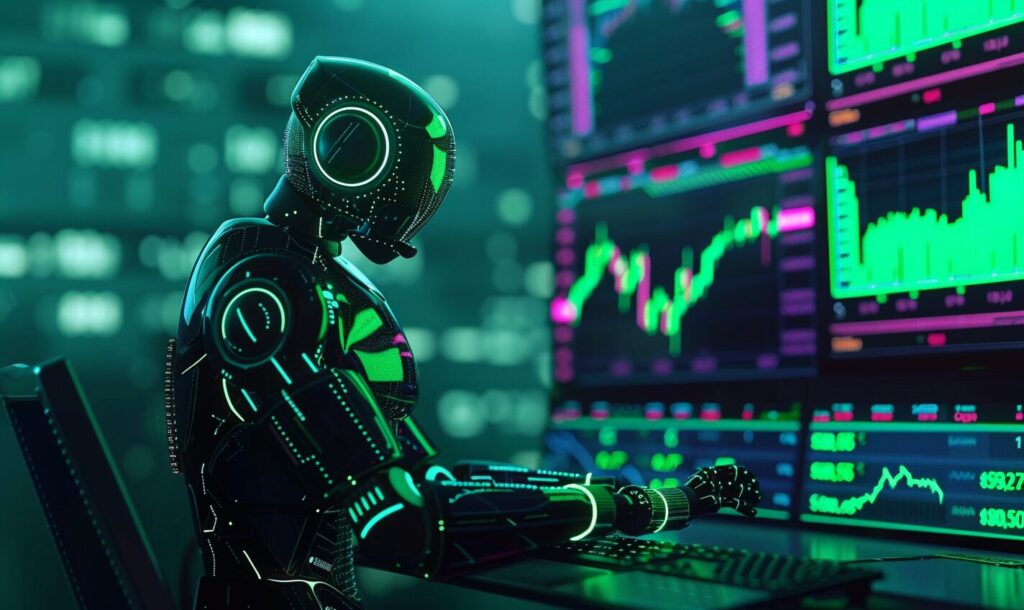Artificial intelligence has become a buzzword in the tech community. You’ve doubtlessly heard of it plenty of times, but you may still be fuzzy on what it is. So what is artificial intelligence, exactly?
Put simply, artificial intelligence, also called AI, is when a machine simulates human intelligence. When a computer demonstrates reasoning skills or learning like you would see in a human, you could consider that computer intelligent. It’s a reasonably open-ended definition, so there are a lot of things you could call AI.
When you hear the words “artificial intelligence,” you may think of sentient robots from sci-fi movies. While that would be a type of AI, AI is much broader than that in real life. Here’s a closer look.
Types of Artificial Intelligence
You could divide AI into several different categories. One of the broadest and most common distinctions is strong and weak AI. Strong AI is self-aware and equals human intelligence, while weak AI just simulates it.
Strong AI is what you see in movies, and it doesn’t exist in real life yet. Some scientists think that it’ll exist within the next century, while others don’t believe it’s possible at all. Weak AI, on the other hand, is all around you today.
You could further divide AI into various branches, some of which you’ve probably heard of before. Things like machine learning, natural language processing (NLP) and neural networks are all types of AI. Different AI applications may feature just one of these branches, or showcase many of them.
Artificial Intelligence Today
AI may sound like something out of the future, but it’s already all around you. The most recognizable example is the digital assistant in your phone, be it Siri or Google Assistant. There are more than 4 billion of these voice assistants in use today, so AI is already a widespread technology.
A lot of the ads you see online are the result of AI. AI services from companies like Google analyze your internet behavior to determine what kind of products might interest you. These systems tend to be skilled at making these types of connections, so they’re a foundation for modern marketing.
Many companies today use AI to analyze data or automate administrative tasks. While humans are still better than machines at many jobs, AI tends to be better at data-heavy duties. By assigning this kind of work to AI, businesses can save time and money.
The Future of AI
As widespread as AI is, we’ve only scratched the surface of what it can do. Researchers are finding new ways to use AI all the time, making the technology even more useful. What AI will look like in the future is still uncertain, but it will be everywhere.
Emerging technologies like self-driving cars rely on AI to function. Driverless vehicles haven’t taken off yet because modern AI has difficulty identifying some objects fast enough. With more advanced AI, and more training, self-driving cars could finally become a reality.
As AI gets better, it can take over more and more tasks for humans. That shift could mean reducing workplace injuries by removing humans from the most dangerous jobs. You could see more humans and machines working together in a few years
AI Is Shaping the Future
The potential of artificial intelligence is so vast that it will drive the future. You can’t say for sure what the future will look like, but you can bet AI will play a significant role in it. It’s already shaping the world, and it’s growing all the time.
Understanding what AI is can help you comprehend how the world is shifting. Whether you knew it or not, you likely encounter AI almost every day. AI is one of the most important technologies today, and it will continue to be so.
Recent Stories
Follow Us On
Get the latest tech stories and news in seconds!
Sign up for our newsletter below to receive updates about technology trends














